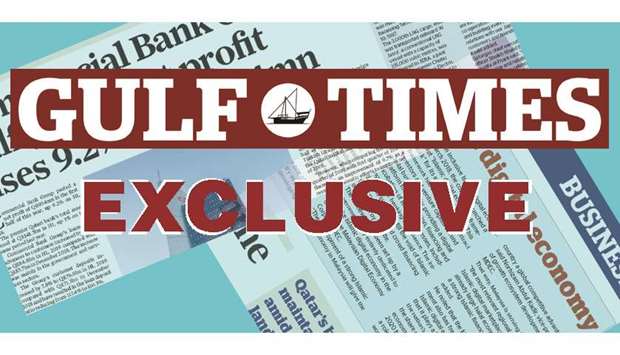Islamic insurance, or takaful, has experienced a stagnating market share in terms of assets over the past years, but forecasts are positive that this will change in the foreseeable future due to disruption in the entire Islamic banking industry by new technologies, processes and services. In particular, fintech is expected to give takaful long-needed impulses.
However, fintech solutions for takaful differ from such for conventional insurers owing to the higher complexity of Islamic insurance per se. Per definition, takaful – which means “co-operative” – is a mutual guarantee in return for the commitment to contribute to a risk pool, whereby a group of participants agree among themselves to support one another jointly for the losses arising from specified risks. So far, it is comparable to the conventional mutual insurance concept. But takaful is further organised as an Islamic or Shariah-compliant alternative to conventional insurance to avoid forbidden riba (usury) and gharar (excessive uncertainty), as well as other forbidden aspects under Islamic finance, such as gambling and weapons, among others. That said, developer of takaful fintech need to take into account the faith-based issues of such insurance solutions and build solutions in compliance with it.
Following these guidelines, takaful firms are beginning to develop their own insurance technology, or insurtech, platforms to the benefit of both Islamic insurers and their clients. In the Gulf Co-operation Council (GCC), a number of takaful operators in August 2019 jointly started to develop an integrated blockchain platform in co-operation with insurtech startups. This platform is designed to streamline transactions between takaful and conventional insurance companies and allows them to settle outstanding claims and payments among each other digitally. The technology aims at allowing insurers to manage and reduce costs as claim response times are slashed from days to minutes, and the overhead costs required to handle claims by 30%.
Another development is the emergence of comparison platforms for takaful contracts in the GCC under so-called “insurance aggregator” regulations. Such platforms allow insurance brokers to provide online platforms for price comparisons of Islamic insurance policies and to facilitate the purchase of policies on behalf of the operators on the web. Malaysia, the third-largest takaful market globally with assets amounting to $9bn, is also working on regulating the takaful aggregation business. The country’s central bank has released an exposure draft on this in June 2019, and companies to be regulated include RinggitPlus, a comparison portal for financial products and insurances, as well as a similar platform called GoBear. Apart from aggregation platforms, takaful operators in Malaysia also benefit from online payment systems such as Souqa FinTech’s PayHalal system, which gives consumers easier Shariah-compliant payment options. The latter is used by Zurich Malaysia Takaful, among others.
In another move, Takaful Malaysia, the second-largest Islamic insurance provider in the country, entered a collaboration with software company Fusionex to transform its core software and to promote social media marketing. The response was very welcome with about 40mn insurance policies sold on a new digital platform within three months. There are also other, more sophisticated developments. One is, for instance, the attempt to combine takaful and peer-to-peer (P2P) insurance in a digital way. P2P insurance is a risk-sharing network initiated by fintech companies where a group of individuals pool their premiums together to insure against a risk. As such, it works very much as a mutual insurance and may also be referred to as “social insurance.”
And there is certainly more to come for takaful companies in terms of fintech in order to better connect with customers, develop competitive and diverse takaful products, offer customised pricing and reach out to uninsured potential customers in developing countries through innovative mobile solutions.
“Owing to the massive disruption in the market, it becomes all the more critical to discuss the importance of developing takaful solutions that meet the ever-changing market demands,” said Parvaiz Siddiq, CEO of GCC-based Salama Islamic Arab Insurance, at last year’s World Takaful & InsurTech Conference, an annual event which seeks to identify and better understand mega trends in takaful, co-operative insurance and reinsurance.
In terms of market size, assets of the global takaful market stagnated between $46bn and $48bn since 2015 but are expected to grow to $65bn by 2024, according to the Islamic Finance Development Report 2019 issued by Refinitiv. There were 335 takaful operators in 2018 as per latest available figures, whereby Indonesia leads the ranks with 54 operators. Of the entire figure, 213 were fully-fledged takaful companies, the rest takaful windows. The report also showed that most of the takaful market is concentrated in the GCC and other Middle East countries, as well as in Southeast Asia. The fastest growing countries in terms of takaful assets were the Maldives, Pakistan and Brunei, the report found.

